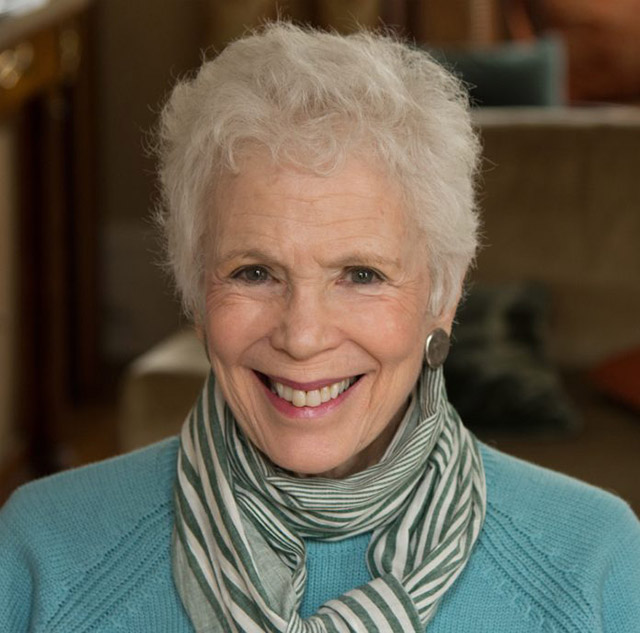In April 2021, President Biden became the second US president to acknowledge the Armenian Genocide. In this context, President Biden’s recent nomination of former US Senator Jeff Flake as ambassador to Turkey raises difficult questions. Flake is certainly able, thoughtful, and a Republican who did not support Trump and did support Biden’s presidential candidacy. But why nominate him for the position in Turkey when, as a member of the House and Senate, he repeatedly voted against Armenian Genocide resolutions?
Although I do not know the answer, I offer some possible reasons why Flake voted as he did on the resolutions. One is that it was to conform with the position of some members of his party. Another possibility is that he had accepted meaningful financial support for his congressional campaigns from the substantial Turkish lobby and felt he owed them. Another is that he did not believe there was a genocide.
Read also
Whatever the actual reason(s), would Flake, as ambassador, be convincingly able to help restore trust in the United States as supportive of human rights? Does Flake’s nomination, which is of course political, suggest that Biden’s recognition of the Armenian Genocide had political strings attached? That seems very unlikely, since it’s on the Congressional record that Biden has supported Armenian Genocide recognition since 1990 (Arm. Mir-Spec., 6/24/21).
What seems more likely is that in Biden’s mind, his 2021 recognition settled the U.S. stance on the reality of the Genocide, freeing him to choose someone able to oversee the US’s other important concerns, interests, and complex relations with Turkey. If so, the issue of his anti-Genocide recognition vote will nonetheless be raised. Of the greatest importance and perhaps even more unknown is how the U.S. will deal with possible further threats and aggressive actions to Armenia and Karabakh by the Turkish-Azerbaijani alliance.
Since his election as president, President Biden has not, in spite of all those other American concerns and interests, been soft on Turkey regarding human rights. As well as recognizing the Armenian Genocide, earlier this year, he criticized Turkey’s withdrawal from a European convention on violence against women. Going forward, and now after the U.S. withdrawal from Afghanistan, it remains unknown whether Biden and an Ambassador Flake will speak out for free speech in Turkey and the release from jail of numerous journalists. Even if they do, the effect of such advocacy remains to be seen.
Will the U.S. protest those individuals similarly constrained in Azerbaijan, Turkey’s self-proclaimed “brother” nation and ally in the recent war over Karabakh? A few years ago, Azerbaijan notoriously placed its own long-celebrated writer, 84-year-old (Azerbaijani) Akram Aylisli, under house arrest after he spoke out in favor of Armenian-Azerbaijani reconciliation, banned and burned his books, and stripped him of his officially awarded title, People’s Writer and other medals.
For now, I conclude that the principled politician Flake generally presents gives some reason to hope that he may be a responsible ambassador. The concerns and questions I raised will be asked and answered soon enough.
Author’s Background
I am a psychotherapist specializing in working with traumatized people as well as in conflict resolution efforts with Armenians and Turks, and Israelis and Palestinians. Partly that background, and partly the historical record of too much compromise and corruption (both material and moral) I was compelled me to write my book, Collective Trauma and the Armenian Genocide: Armenian, Turkish and Azerbaijani Relations Since 1839, published earlier this year. The book is addressed to Armenians, Turks, and Azerbaijanis who are seriously engaged in trying to improve their relationships, and to others interested, as citizens and concerned people, in conflict resolution efforts affecting their countries.
Beginning with my awareness of how important my great-grandfather, Ambassador Henry Morgenthau, was to Armenians, my book reports on my long journey in such “conflict resolution” work and on my learning. This includes my take on a history of these relationships from 1839 from the perspective of the role of collective trauma in that history. Writing the history from this perspective enabled me to see opportunities for better relations at different times, ones not usually discussed. I like to think that demonstrating that the history was not pre-ordained or inevitable is essential to inspiring people to feel that they can make a difference and thus help ensure a better future.
Dr. Richard Antaramian’s Brokers of Faith, Brokers of Empire Challenges Assumptions About Armenian Nationalism, Ottoman History
My study of the history and my experiences as a trauma psychotherapist and in the conflict resolution field have all taught me of the need for major expansion in the conception and practice of “conflict resolution.” In the book’s last chapter, I propose fresh possibilities for conflict resolution work. The proposals arise out of the book’s main argument that, until the presence and effects of collective trauma on peace-building are recognized, people’s thinking will continue to evade certain realities when evaluating the present, enabling history to rhyme if not repeat. In light of today’s precarious situations of both Armenia and Karabakh, not much could be more important for citizens at all levels than to turn serious attention to examining the effects of so much unprocessed collective trauma on their internal politics and decision making.























































